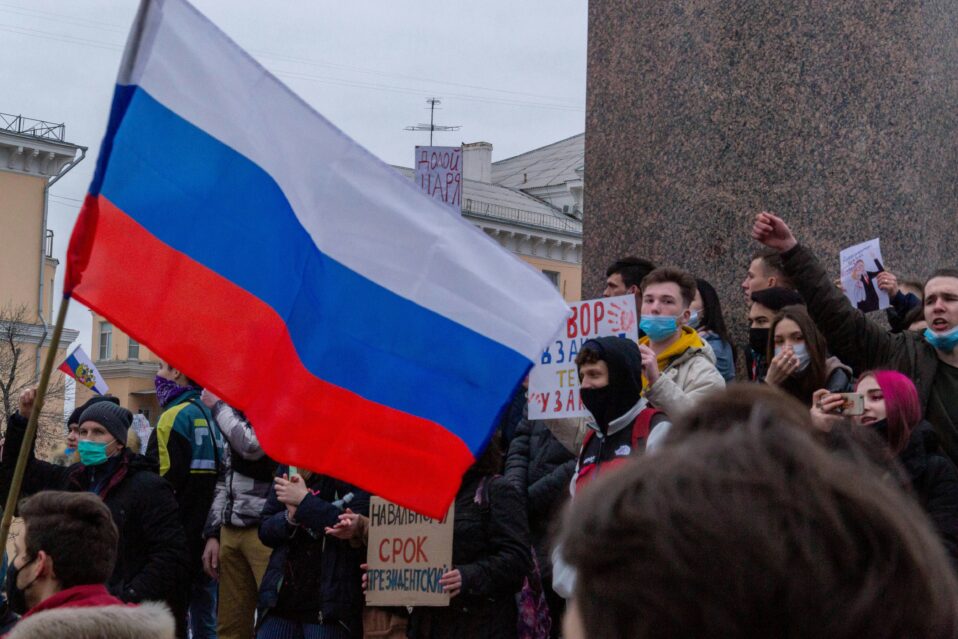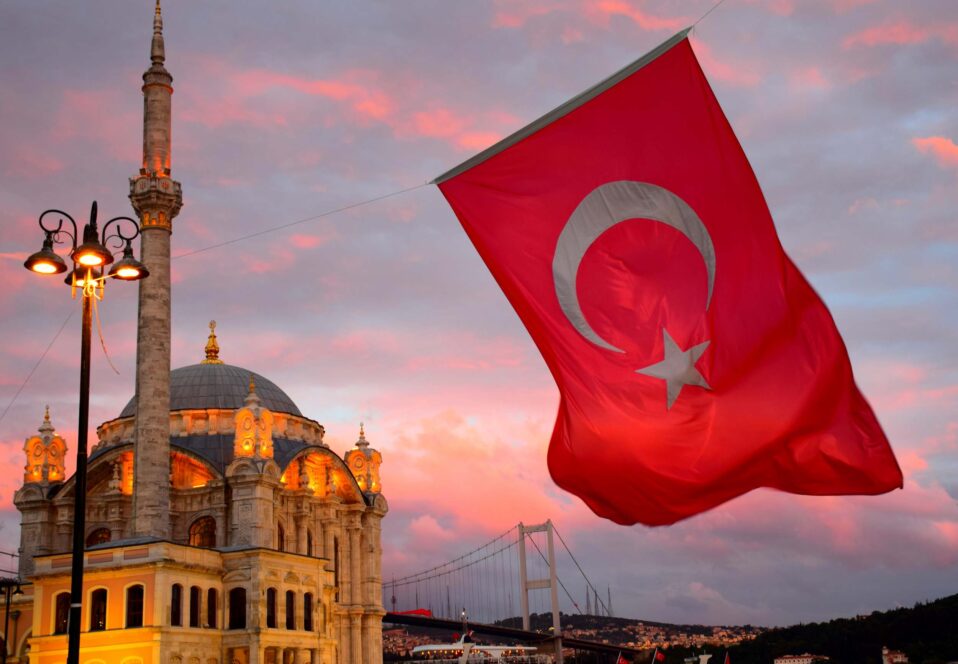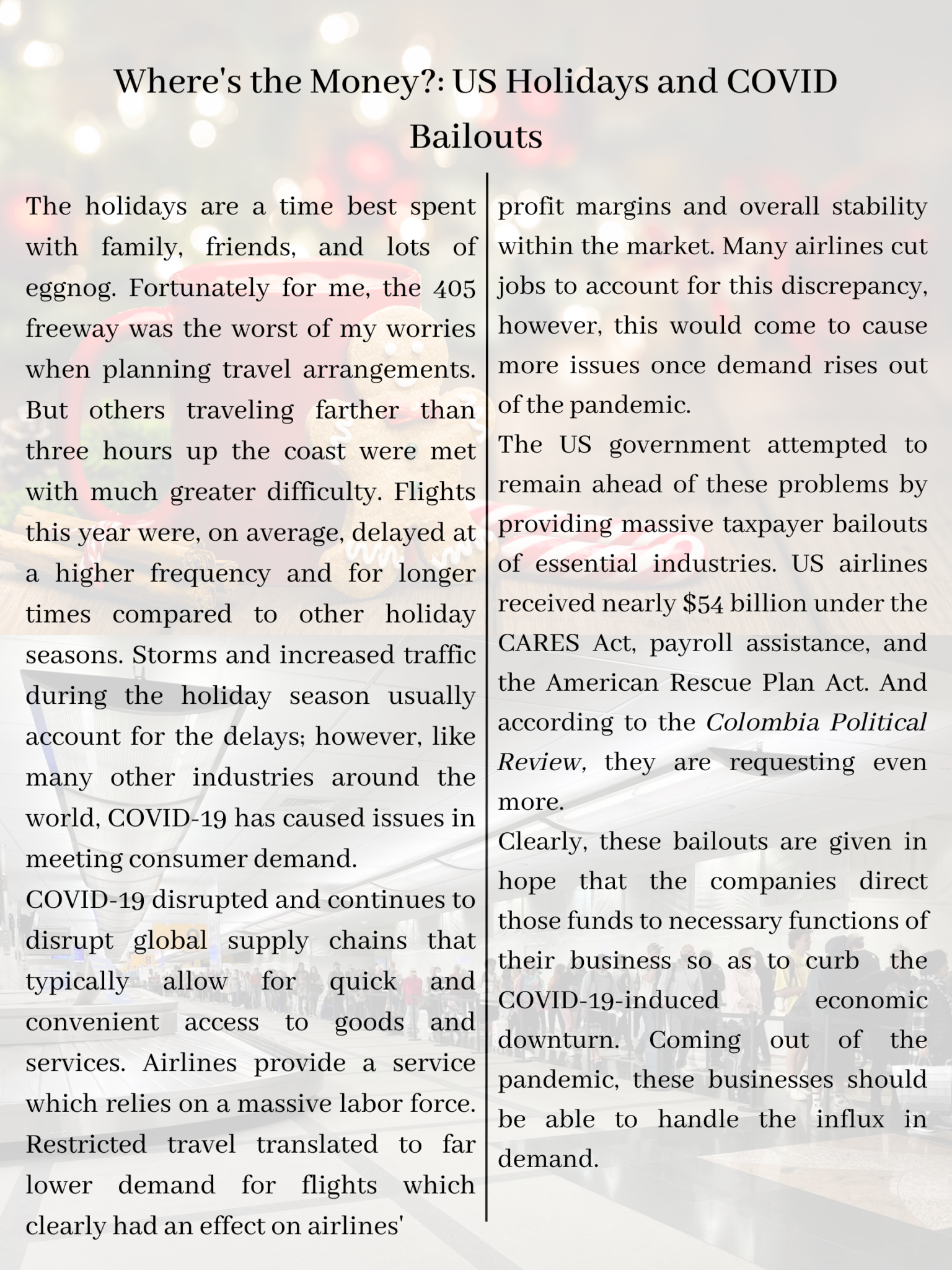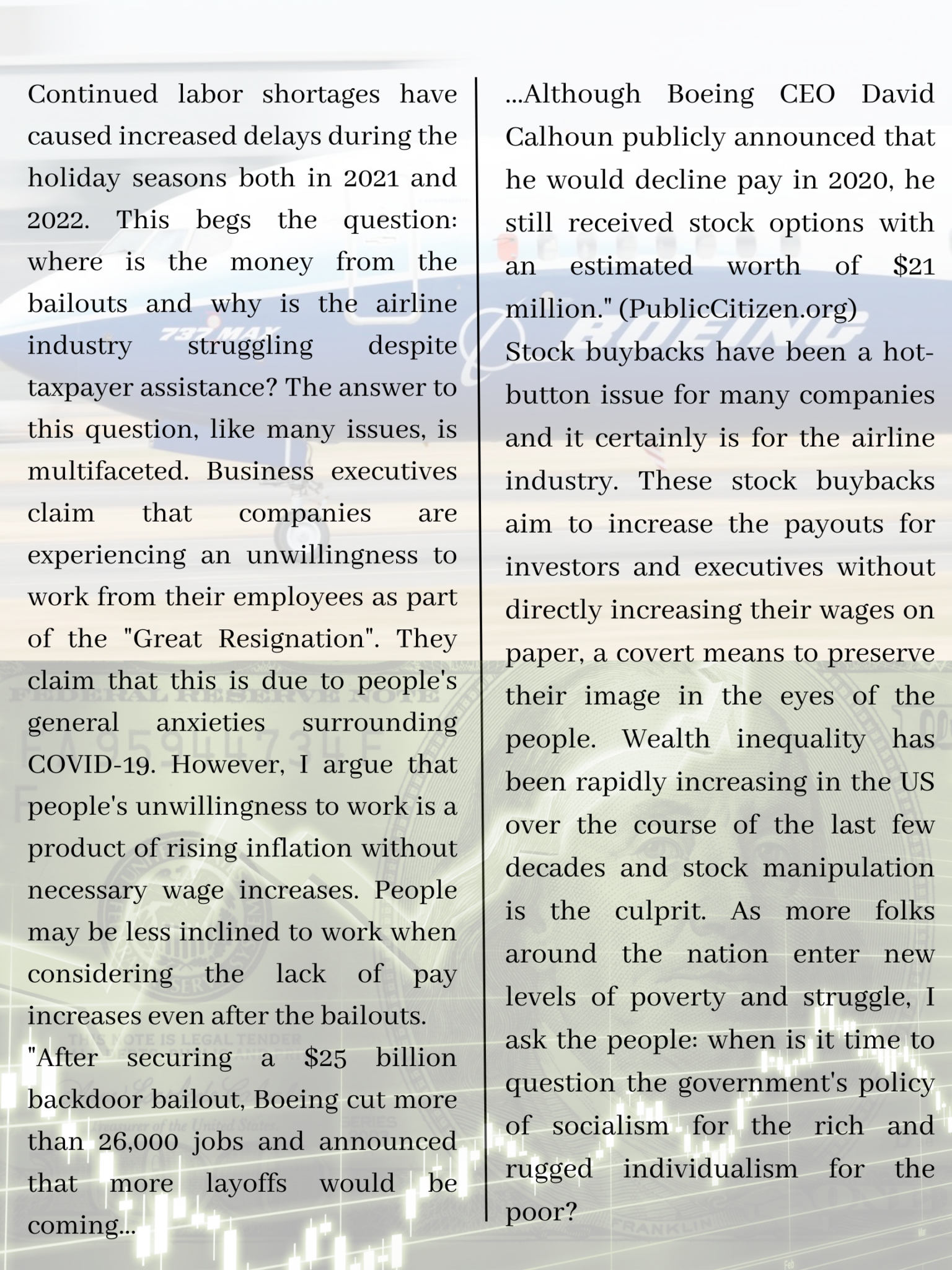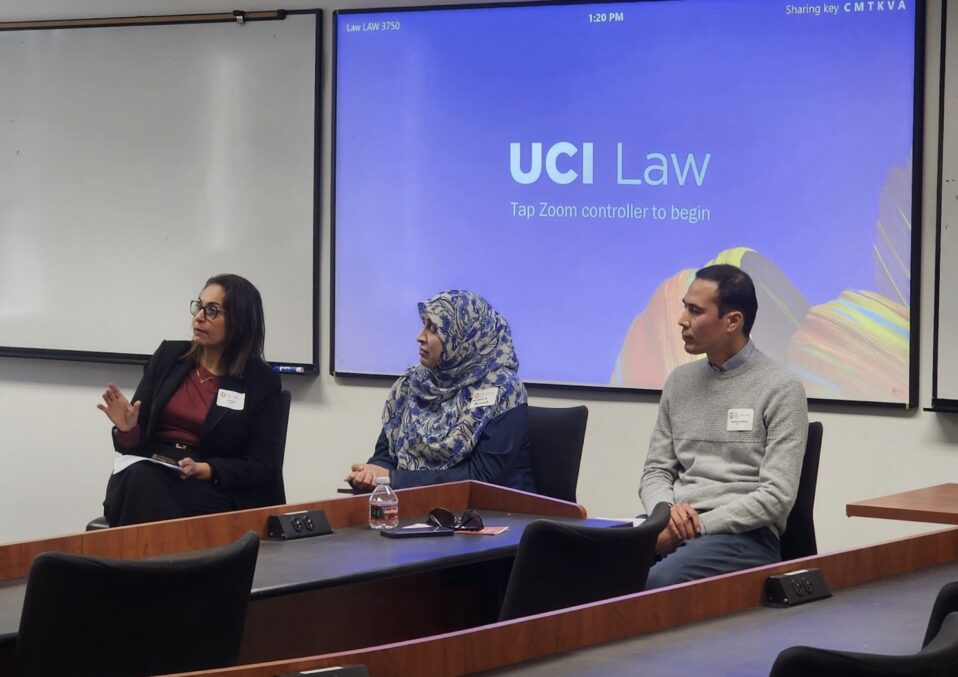Texas A&M ended its 21-year long-term education alliance with Qatar with immediate plans to end operations in Qatar by 2028. This unexpected turn is affecting Qatar’s public education diplomacy as the system board of regents of Texas A&M voted 7-1 in favor of ending its contract.
The university cited various factors that contributed to the withdrawal, including the heightened instability in the Middle East, the core mission of advancing Texas A&M solely in the United States, and the disinformation campaign regarding the Qatar campus potentially having a connection to nuclear reactor research done in Texas or the Los Alamos National Lab.
The withdrawal of Texas A&M University had a negative impact on Qatar’s Education City, established in 1997. As of February 2024, Qatar hosts prestigious American universities, including Virginia Commonwealth University, Weill Cornell Medicine, Carnegie Mellon University, Georgetown University, and Northwestern University. These distinguished American Universities have allowed Qatar to successfully carry out education diplomacy campaigns to diversify its economy, attract global talent, address the nation’s developing needs, and promote cultural exchange.
Texas A&M’s withdrawal paves a way for similar actions by other American universities, creating a domino effect that can ultimately alter the need for Qatar’s Education City and educational diplomacy efforts.
Professors and students currently teaching or attending Texas A&M Qatar’s campus voiced their opinions and concerns across social media platforms. Khalid Al-Sada, the student government president and a senior majoring in chemical engineering at the Qatar campus, spoke to various media outlets, including the Texas Tribune, stating, “we were all just left wondering what is going to happen to the dreams, the hopes we had, our hopes, what we wanted to achieve with all the different studying and all of that.”
Texas A&M’s exit could leave Qatar with a negative reputation in education and business. The potential negative reputation will have financial implications in Education City that will affect operational funding, causing Qatar to seek alternative funding sources or adjust its financial structure. Texas A&M’s decision would lead to a decrease in enrollment and the potential discontinuation of research and innovation programs that once filled an educational gap.
Furthermore, this will prompt Qatar to reconsider its strategy for attracting and maintaining international educational partnerships. The new educational approaches would involve exploring fresh partnerships. However, the withdrawal of American universities can leave a gap, allowing Qatar’s Gulf neighbors and competitors, the United Arab Emirates (U.A.E.) and Saudi Arabia, to influence higher education significantly. The U.A.E. has already established a New York University (N.Y.U.) Abu Dhabi campus and continues to establish American medical school campuses such as Baylor College of Medicine in Dubai.
The future of Qatar’s education city and education diplomacy efforts are still being determined, with a trail of pressing questions. If Qatar’s Education City begins to fail due to the withdrawal of universities, will Qatar pivot and focus on its ambitious climate change and sustainability goals? How will Qatar persuade its international peers that it is a stable and safe region to do business after the disinformation campaign? Either way, with the anticipation of Qatar’s responses, the Texas A&M board will continue to implement its plan to withdraw from Qatar by 2028, thus leading to an unraveling of alliances between Qatar and Texas A&M that could negatively impact the diplomatic relationship between Qatar and the United States.
Samia Rodriguez is a master’s candidate in Northeastern University’s Global Studies and International Relations program.


